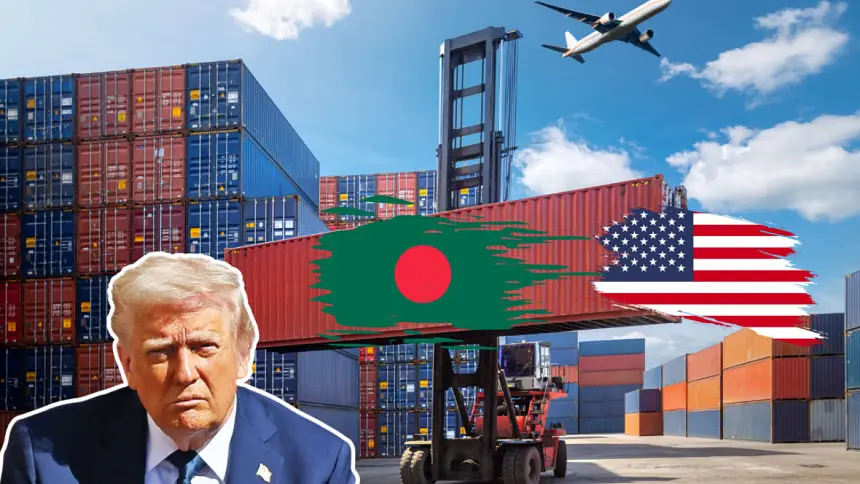
Bangladesh & USA Trade Relations: Wheat Imports, Tariffs, and Their Political Implications
By Today International News
Published: October 9, 2025
Growing Importance of Bangladesh–USA Trade Relations
Bangladesh and the United States have maintained a long-standing trade relationship, with imports and exports shaping economic growth and diplomacy. Recently, wheat imports from the U.S. and decisions regarding tariffs have come under scrutiny, highlighting how trade policies can influence both domestic politics and bilateral relations.
Bangladesh relies on wheat imports to ensure food security and stable prices in the domestic market. The United States, as a major wheat exporter, plays a crucial role in meeting the country’s demand. However, tariffs, trade restrictions, and import negotiations have added complexity to the relationship, affecting political discourse and economic planning.
Wheat Imports and Domestic Impact
In recent months, Bangladesh has increased its wheat imports from the United States to counter domestic shortages and rising prices. This move has immediate benefits for consumers, ensuring supply for staple foods and stabilizing markets.
At the same time, these imports have sparked debate among politicians and economists. Supporters argue that U.S. wheat imports help prevent inflation and ensure food security, while critics raise concerns about dependency on foreign sources and the potential impact on local farmers. The discussion reflects the balancing act policymakers face between meeting immediate needs and promoting long-term self-sufficiency.
U.S. Tariff Decisions and Trade Negotiations
Tariffs imposed or adjusted by the United States also play a significant role. Changes in tariff policies can influence the cost of imports, impacting prices for businesses and consumers in Bangladesh.
Recent discussions between Bangladeshi trade officials and U.S. representatives have focused on reducing trade barriers, streamlining import procedures, and ensuring consistent supply. Analysts note that these negotiations not only affect commerce but also shape diplomatic relations, highlighting the interconnected nature of economics and politics.
Political Implications in Bangladesh
Trade deals and tariff decisions have domestic political consequences. Lawmakers and government officials must balance the benefits of imports with public concerns about price fluctuations, employment in local agriculture, and economic sovereignty.
Opposition parties often use these issues to criticize government policies, arguing that excessive reliance on imports undermines local farmers and exposes the country to external market pressures. Meanwhile, the ruling party emphasizes strategic partnerships and food security, portraying trade agreements as essential for national stability.
Diplomatic and Strategic Considerations
Beyond domestic politics, wheat imports and tariffs are part of a broader diplomatic relationship between Bangladesh and the United States. Cooperation in trade can strengthen bilateral ties, open avenues for investment, and increase Bangladesh’s influence in regional economic forums.
However, missteps or disputes over tariffs may lead to tensions or delays in future trade deals, affecting not only agriculture but other sectors like textiles, technology, and energy. Observers suggest that maintaining transparent and consistent trade policies is critical for sustaining strong bilateral relations.
Conclusion: Balancing Trade and Politics
Bangladesh’s trade relationship with the United States illustrates how economic policies directly affect politics and diplomacy. Wheat imports and U.S. tariff decisions impact not only prices and food security but also domestic political debates and international cooperation.
Policymakers face the challenge of ensuring stable supplies while protecting local industries and maintaining strategic partnerships. How Bangladesh navigates these trade dynamics will shape both its domestic economy and its standing on the international stage in the coming years.
